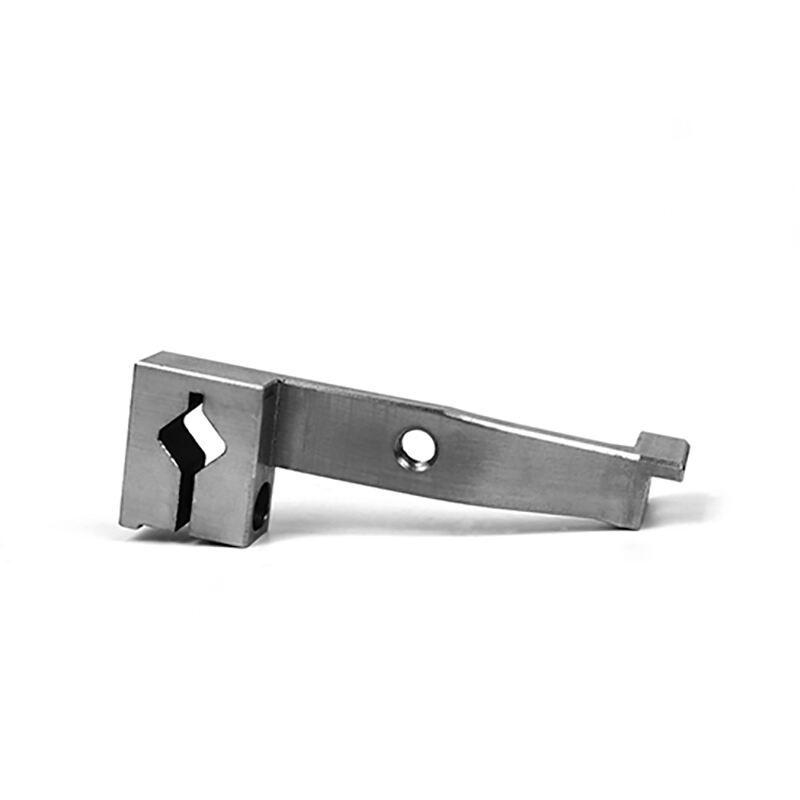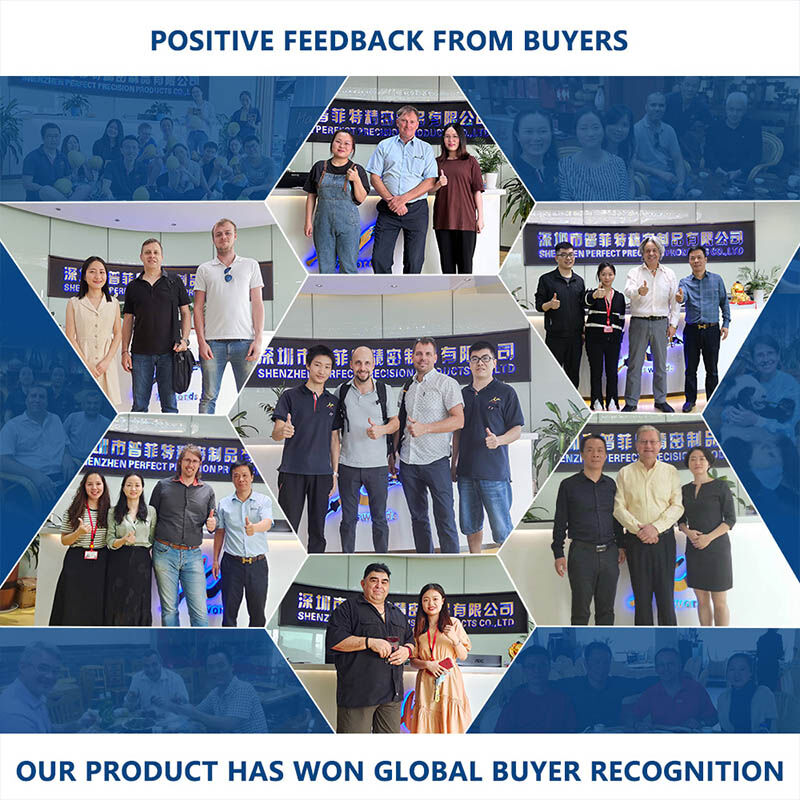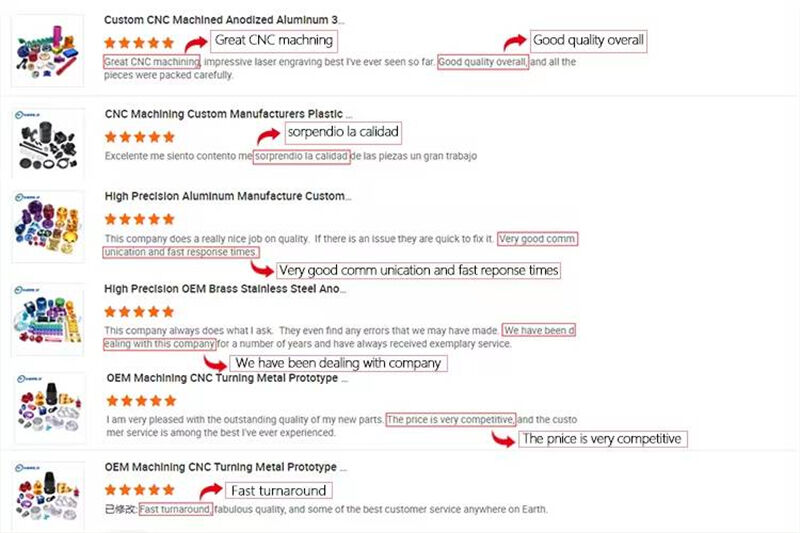Building 49, Fumin Industrial Park, Pinghu Village, Longgang District
Sunday Closed
Precision Machining Parts
Type:Broaching, DRILLING, Etching / Chemical Machining, Laser Machining, Milling, Other Machining Services, Turning, Wire EDM, Rapid Prototyping
Model Number:OEM
Keyword:CNC Machining Services
Material: Stainless steel
Processing method :CNC Turning
Delivery time:7-15 days
Quality:High End Quality
Certification:ISO9001:2015/ISO13485:2016
MOQ:1Pieces
In the realm of advanced manufacturing, precision fabrication services stand as a cornerstone for industries demanding exacting standards, consistent quality, and complex custom solutions. From aerospace and medical devices to electronics and industrial machinery, precision fabrication combines skilled engineering with high-tech machinery to deliver components that meet strict tolerances and perform flawlessly in critical applications.

Precision fabrication services refer to the specialized processes involved in creating high-accuracy metal and non-metal components through cutting, forming, assembling, and finishing operations. These services typically encompass:
· Laser cutting
· Waterjet cutting
· CNC machining
· Sheet metal bending and forming
· Welding and assembly
· Surface treatment and finishing
What differentiates precision fabrication from standard fabrication is the meticulous attention to detail, tight tolerances (often within microns), and rigorous quality control standards required throughout the process.
1. Laser and Waterjet Cutting
These technologies provide clean, accurate cuts with minimal material deformation. Laser cutting is ideal for high-speed applications with thinner metals, while waterjet cutting excels in thicker materials and heat-sensitive applications.
2. CNC Machining
CNC milling and turning are integral to precision fabrication. By using computer-controlled tools, complex shapes can be crafted from solid blocks of metal or plastic with exceptional accuracy and repeatability.
3. Sheet Metal Forming
Techniques such as brake press bending, rolling, and stamping allow for the creation of intricate enclosures, brackets, and structural components. Modern CNC-controlled press brakes ensure consistent angles and dimensions.
4. Welding and Assembly
Welding processes, including TIG, MIG, and spot welding, are used to join parts with strength and minimal distortion. Precision assembly ensures that multiple components fit together exactly as designed, especially important in aerospace, electronics, and medical applications.
5. Finishing and Surface Treatment
Post-fabrication treatments such as anodizing, powder coating, bead blasting, and plating not only improve the appearance of components but also enhance corrosion resistance and durability.
1. High Tolerance Accuracy
Precision fabrication ensures components meet exact specifications, reducing variability and improving compatibility across assemblies.
2. Customization and Flexibility
From one-off prototypes to full-scale production, precision fabrication services can adapt to different volumes and design changes quickly.
3. Enhanced Product Performance
High-quality fabricated parts function better, last longer, and fit more reliably—essential in industries where failure is not an option.
4. Time and Cost Efficiency
Advanced automation and modern fabrication techniques reduce lead times, material waste, and manual labor, ultimately lowering costs while increasing throughput.
5. Comprehensive Quality Control
State-of-the-art inspection methods, including CMM (Coordinate Measuring Machines), laser scanners, and in-process monitoring, ensure every part meets stringent quality standards.
· Aerospace & Defense: Lightweight, high-strength components for aircraft and spacecraft require extreme precision.
· Medical Devices: Instruments, surgical components, and equipment housings must be manufactured to exacting medical standards.
· Electronics: Chassis, brackets, and heat sinks for electronics depend on precision metal fabrication for proper fit and thermal performance.
· Automotive: Precision brackets, suspension components, and body parts improve both performance and safety.
· Renewable Energy: Wind and solar energy systems utilize fabricated parts for frames, mounts, and internal support systems.
With the continued rise of automation, AI integration, and smart manufacturing, precision fabrication services are becoming faster, more accurate, and more scalable. Technologies like robotic welding, digital twins, and real-time production monitoring are reshaping how parts are designed, fabricated, and inspected.
Furthermore, sustainability is playing a larger role, with precision fabrication increasingly focused on reducing material waste, optimizing energy use, and utilizing recyclable or environmentally friendly materials.



Q:What materials can be used to make CNC precision parts?
A:CNC precision parts can be made from a wide range of materials, including:
· Metals: Aluminum, stainless steel, titanium, brass, copper, tool steel
· Plastics: ABS, PEEK, nylon, Delrin (POM), PTFE
· Composites and exotic alloys depending on application requirements
Q:How precise are CNC-machined parts?
A:CNC machines can routinely achieve tolerances of ±0.005 mm (±0.0002 inches) or better, depending on the equipment, material, and part complexity. Ultra-precision machining can reach tolerances in the sub-micron range for specialized applications.
Q:Can you produce complex or custom-shaped CNC parts?
A:Yes. With advanced 5-axis and multi-tool CNC machines, highly complex geometries and custom designs can be machined with minimal need for secondary operations or manual adjustments.
Q:What file formats are accepted for CNC part production?
A:Most CNC shops accept 3D CAD files and technical drawings, including:
· .STEP / .STP
· .IGES / .IGS
· .DXF / .DWG (for 2D profiles)
· .PDF (for supplementary drawings or notes)
Q:What is the typical lead time for CNC precision parts?
A:Lead time varies based on part complexity, material availability, and quantity:
· Prototypes: 2–7 business days
· Small batch production: 1–2 weeks
· Large-scale production: 2–6 weeks
Expedited services are often available for urgent projects.
Q:Do CNC precision parts require post-processing?
A:Yes, depending on the application. Common post-processing steps include:
· Deburring
· Anodizing or plating
· Heat treatment
· Surface grinding or polishing
· Threading or tapping
These processes enhance appearance, functionality, and durability.
Q:How is quality assured for CNC precision parts?
A:Quality control is typically ensured through:
· First article inspections (FAI)
· Coordinate Measuring Machines (CMM)
· In-process inspections
· Statistical Process Control (SPC)
· ISO certifications (e.g., ISO 9001, AS9100)
Q:Is CNC machining cost-effective for low-volume production?
A:Yes. CNC machining is ideal for low- to mid-volume production and prototyping, thanks to its high repeatability, fast setup, and minimal tooling requirements. It's especially cost-effective when part complexity makes other methods (like casting or molding) impractical.
Copyright © Shenzhen Perfect Precision Products Co., Ltd. All Rights Reserved — Privacy Policy — Blog